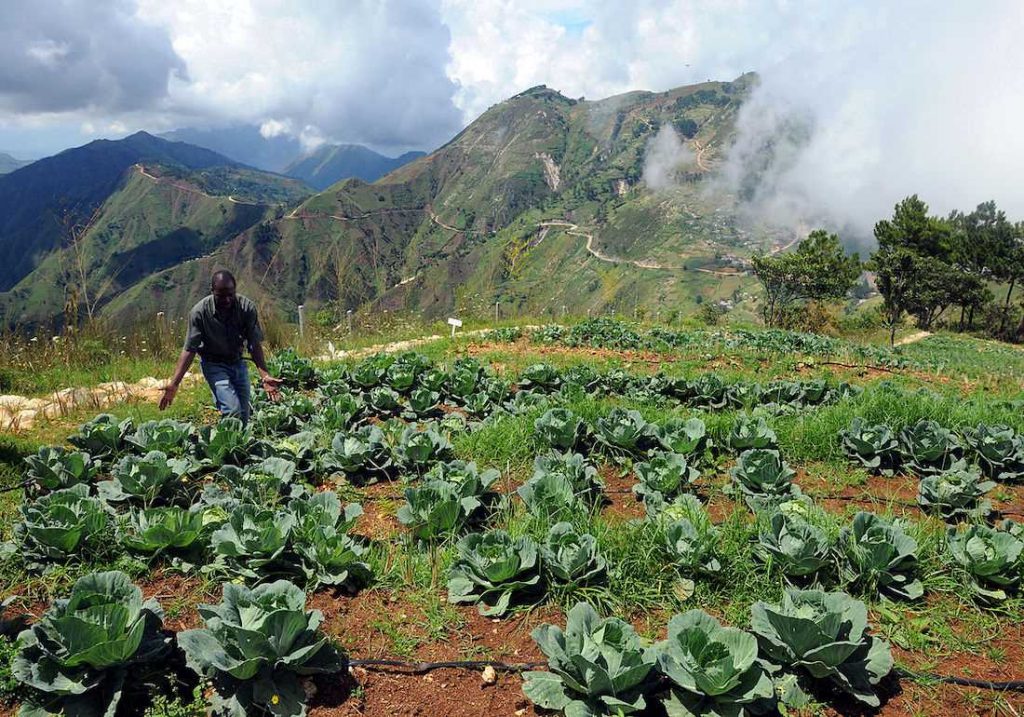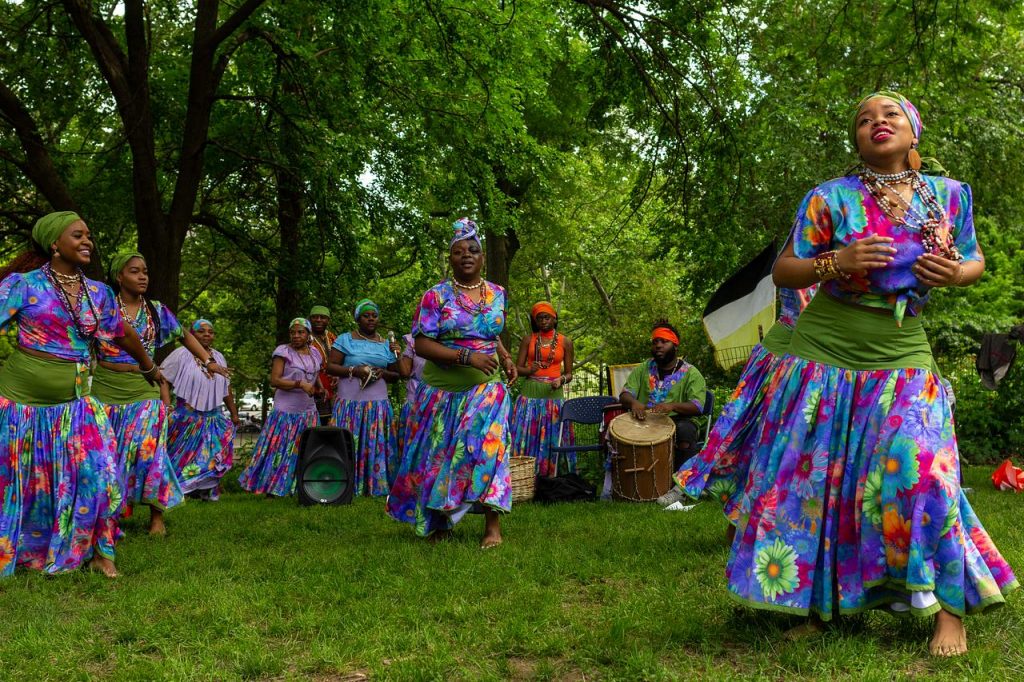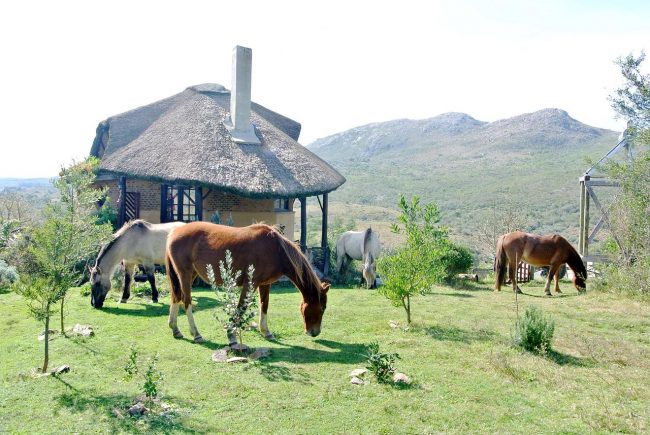Home » Conscious Travel, Eco-Tourism, Slow Travel, Community Tourism: Sustainable Alternatives to Traditional Tourism
Sustainable Tourism
Author : Claudia Vachon
According to the World Economic Forum, nearly one in ten people in the world worked in the tourism industry in 2019 and more than one billion tourists travel abroad each year.
We are witnessing over-visitation and even saturation of places considered as “must-sees”, exacerbated by the offer of packages or organized stays during which the tourist visits attractions appearing in the “top 10 must-see” in record time. Mass tourism is now a major industry issue worldwide and has devastating effects not only on the ecosystems of popular destinations, but also on the way of life of local communities.
While the sheer scale of tourism makes it obvious what impact it can have on our environment and instinctively prompts the protection of natural ecosystems for the sake of the industry itself and popular destinations, it also makes it possible on the other hand to imagine its significant potential for societal transformation if tourism becomes a tool for sustainable development for communities.. Through their choices, travelers do have the power to transform the industry and, by extension, society. By becoming aware of their impact on communities and the environment, they can transform travel from a consumer product to a practice that brings the traveler and the host community together.
We are certainly witnessing the emergence of a new concept of tourism, one that is more conscious of the impact of our travels. Being a conscious traveler, is first and foremost an attitude that leads to informed choices, based on respect and sustainability. We must first recognize that each ofour choices, including the destination, the means of transportation, the places visited, the activities chosen, the attitude towards the local population, the food consumed as well as each purchase has an impact on the society in which we stay.

Travel can be considered a tool for local development when the experience favors the socio-economic development of the territories where it takes place, through the respect and protection of the environment, the enhancement and promotion of culture, the participation of the population in tourism initiatives and the autonomous management of income distribution. We speak then of sustainable tourism, because it meets the same criteria as sustainable development: the improvement of living conditions and the preservation of the environment. This form of tourism integrates the planning of the use of natural, cultural and social resources in a respectful and responsible way, that is to say, without endangering their conservation or their access. We can think of the control of tourist flow and number of visitors, the compulsory guides, the diversification of tourism activities, etc.
Away from mass tourism attractions, a traveler’s stay in a rural or remote community generally has a positive impact on 10 to 20 families! Traveling responsibly, off the beaten path, contributes to the development of new poles in remote areas, the valorization of local and marginalized cultures, the perpetuation or creation of jobs in the peripheries and to an equitable redistribution of the benefits of tourism, thus contributing directly to a better economic justice.
Alternative forms of travel are not only more equitable for the communities we visit and less polluting, but also more personally enriching, since they involve above all meeting, sharing and authentic discovery.
Eco-tourism is based on nature-related attractions and on the connection with the natural heritage and its biodiversity. It necessarily contributes to the preservation and respect of the environment and includes a part of awareness and education of travelers and local populations. Ecotourism is mostly practiced through outdoor activities such as hiking, kayaking, wildlife observation, etc.
Community-based tourism focuses onauthentic cultural exchange. This approach incorporates locally owned and managed tourism initiatives that generates some benefits that accrue directly to the host comunity. This may includehomestays, community visitsor guiding in protected areas, handicraft or local cooking workshops, etc. Theobjective is to allow visitors to discover the local culture and way of life in an authentic and personal way, with the aim of socio-economic, culturaland environmental sustainabledévelopment.

Slow travel, as its name indicates, consists in traveling slowly, taking time to enjoy, discover and meet.. It is about focusing on the qualityof experiencerather than on the quantity of places visited,avoiding lightning trips of a few days or over long distances that leads to consumingamaximumof thingsin a minimum of time.

Cultural tourism is a real learning trip that focuses on the appreciation of local culture. This approach allows you to broaden your knowledge of the places you visit and the cultures you encounter and to experience the way of life of the local population.. To learn more, read the article “Cultural Tourism in Tanzania: A Tool for Sustainable Development” on the Village Monde’s blog.

More than beautiful landscapes, it is the human that is really at the heart of the trip. Meeting the people who live and work in the cities we discover, who prepare and eat what we taste and who depend on the land or sea we enjoy, allows us to share authentic experiences and to really open up to others. It is indeed by meeting and recognizing the other, his way of life and his culture that we can achieve a living together based on respect between peoples.
Sustainable tourism is thus a major tool to respond to industry issues such as mass tourism, but also to contemporary global challenges such as climate change, the rise of violent and hateful ideologies, conflicts and global health crises; while seeking to maximize its positive impacts, this alternative approach relies on the connection of humans to nature, openness and discovery of the other, sharing and learning.
Subscribe to the travel newsletter from our collaborative booking platform Vaolo to find out what’s new, follow our explorers and receive tips for more conscious travel.
The use of the masculine gender has been adopted for ease of reading and has no discriminatory intent.
© 2026 All rights reserved. Village Monde.
By continuing to use the site, you agree to our privacy and cookie policy
I accept